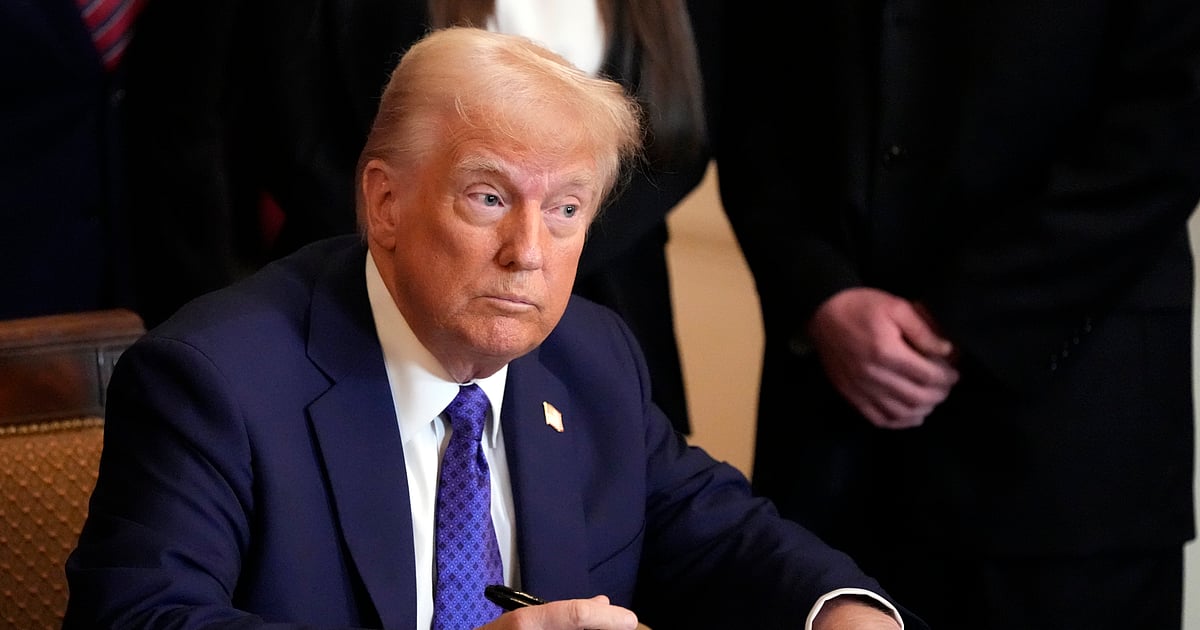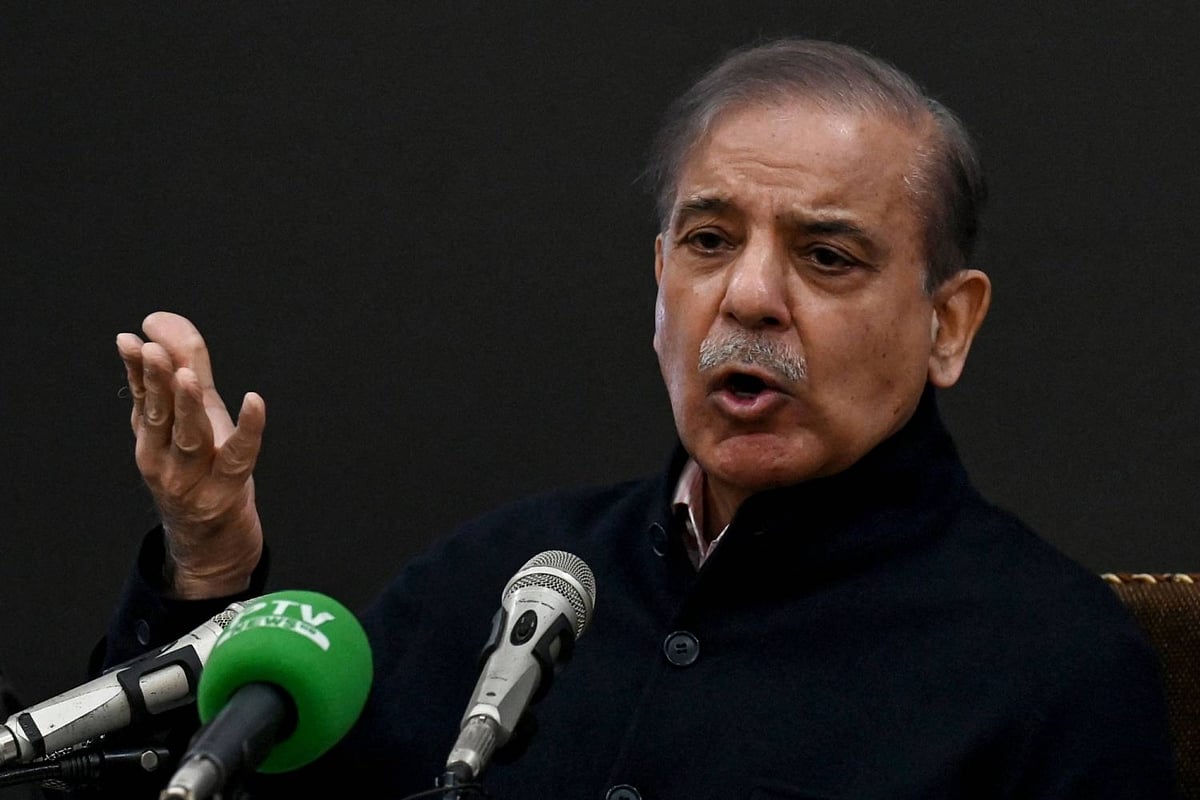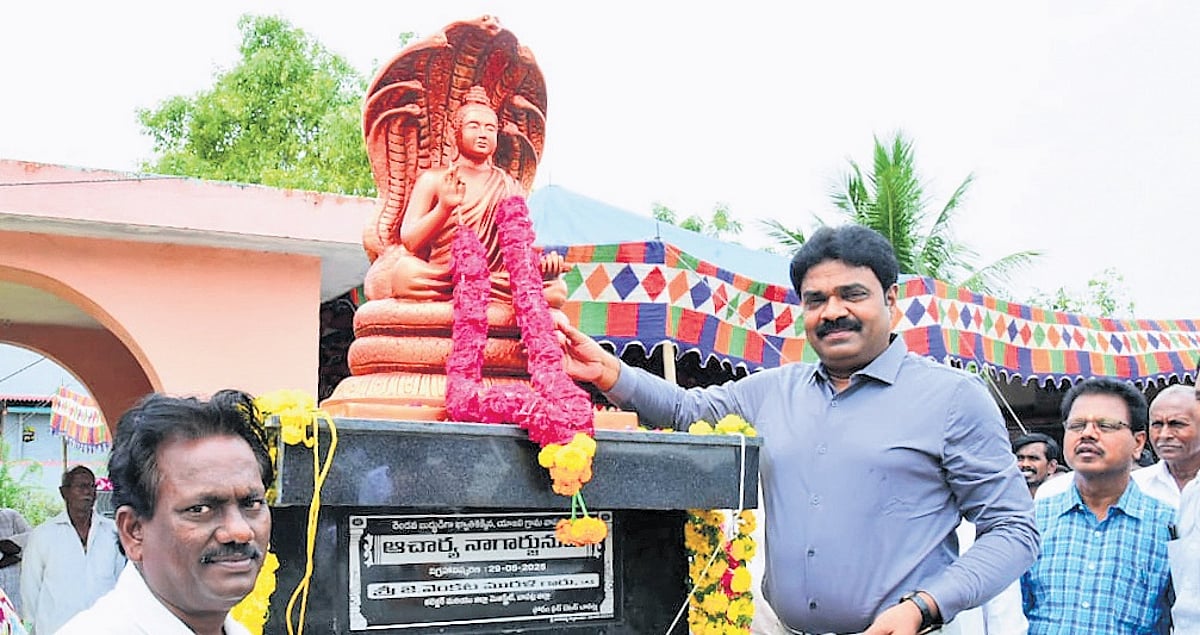- Select a language for the TTS:
- UK English Female
- UK English Male
- US English Female
- US English Male
- Australian Female
- Australian Male
- Language selected: (auto detect) - EN
Play all audios:
McALLEN, Tex. — They arrive a few dozen at a time, their children by their side, their belongings in government-issued plastic bags. The immigrants who step inside a Catholic Charities
relief center in this South Texas border city are the focus of national controversy, but their concerns are more logistical than political. One of the first things they do after sitting down
is fix their shoes — most have spent a few days in federal detention before coming here; they had to remove their shoelaces, and now they sit in the center’s blue hard-backed chairs, tying
up their shoes. Dozens of immigrants, mostly from Central America, have been crossing illegally here every day, most of them scooped up by federal Border Patrol agents, given a court date
and an ankle bracelet monitoring device, and dropped off at the downtown bus station. From there, they are led by volunteers to the nearby relief center, where they put their belts back on,
eat a bowl of cereal, sort through donated clothes and change their infants’ diapers. In the drama that is the migrants’ journey, this is the intermission — the limbo of waiting for the
journey to start up again. And it goes on, seven days a week, morning to night, regardless of the news out of Washington. “They will always come,” said Mariana Salinas, 43, who was
apprehended crossing the Rio Grande on an inflatable mattress with her two sons last week after fleeing the threat of gang violence in her native El Salvador. “We’re doing it for the kids.”
Earlier this week, on the day White House officials announced that President Trump planned to deploy the National Guard to the southern border, Ms. Salinas was one of about 170 newly
released immigrants who were assisted by the center. The day before, the number was about 140. Mr. Trump on Thursday railed again at the flow of undocumented immigrants across the border but
took credit on Twitter for reducing such crossings to a 46-year low. “We’re toughening up at the border,” Mr. Trump told an audience in West Virginia. “We’re throwing them out by the
hundreds.” There was little evidence of that this week at the border, where a steady flow of immigrants made their way out of the detention center, through the relief center, and from there,
onward to cities around the country. Border apprehensions have slid significantly over the past year, but the Department of Homeland Security announced Thursday that illegal border
crossings had surged in March: The 37,393 individuals apprehended on the Southwest border was a 203 percent increase over the same period in March 2017, though the number was lower than in
2013 and 2014. “The number of illegal border crossings during the month of March shows an urgent need to address the ongoing situation at the border,” Tyler Q. Houlton, the department’s
press secretary, told reporters in Washington. “As the president has repeatedly said, all options are on the table.” Three of the four governors in the states that share a border with Mexico
— Arizona, California, New Mexico and Texas — have expressed support for Mr. Trump’s plan to mobilize the National Guard to help secure the border. The Democratic governor of Oregon, Kate
Brown, has said that if asked, she would refuse to deploy any Guard troops. But here in the Rio Grande Valley at the southern tip of Texas, one of the busiest corridors for human smuggling
and illegal entry into the United States, the issue takes on a far more nuanced tone. The Trump administration’s immigration policies were rarely mentioned in the dining room and lobby of
the McAllen respite center. Although the center was busy, no one working to help handle the flow seemed to think they needed help from the National Guard. These immigrants were mothers and
fathers, teenagers and infants — men with baseball caps changing their child’s diaper, mothers and daughters brushing their teeth for the first time in days at the bathroom sink, men eating
bowls of chicken soup. Many of the other Americans who live here — those who legally call the border home and have done so for years, sometimes generations — appeared to share the same view:
There is no security crisis, only the daily challenge of meeting the basic needs of migrants who keep filling downtown McAllen. “We’re not in a position where military zones are needed in
our communities,” said Sergio Contreras, the president of a regional business group, the Rio Grande Valley Partnership. “It’s not something that’s helpful. We want to showcase that there’s
other means of securing the border.” At the relief center on Wednesday, Lilian Morales Gonzalez, 22, tried to soothe her crying 2-month-old baby, a statue of Jesus behind her. She came from
Guatemala — “so my son can grow up with his father,” she said — and was apprehended on Monday morning. She said Mr. Trump and his policies had no effect on her decision. Ismelda Cruz, 28,
also came from Guatemala. She, her husband and 7-year-old daughter crossed the Rio Grande at Reynosa, Mexico, fleeing the criminals she said were trying to recruit her husband. Asked if the
presence of National Guard troops would deter people from making the journey from Guatemala, Ms. Cruz replied, “They’re always going to find a way through.” Migrants who were recently
apprehended, longtime residents and local officials in McAllen and other cities in the Rio Grande Valley said that with or without the National Guard, and with or without the White House’s
increasingly anti-immigrant rhetoric, people would keep crossing. They worry that a deployment of troops would hurt the region’s economy and add to the inaccurate perception that Texas’
border cities were unsafe. “We’ll get the bad publicity,” said Tony Martinez, the mayor of Brownsville, an hour’s drive to the east. “Nobody is sitting around here locking their doors and
taping up their windows. It’s not a matter of security. Immigrants don’t want to migrate. They have to. This charade that Washington, or Trump more particularly, is imposing on the border is
nothing more than empty rhetoric.” A show of military force on the border in this part of Texas would be nothing new. The Texas Republicans who lead state government have spent hundreds of
millions of dollars on increasing border security, deploying heavily armed river patrol boats, purchasing a high-tech surveillance airplane and posting state troopers in the highway medians
near the border, and previous United States administrations have on occasion dispatched National Guard units. In 2014, former Gov. Rick Perry ordered 1,000 National Guard troops to the
border, in a state-ordered mobilization that Gov. Greg Abbott continued after he took office in 2015. For the most part, the troops assisted local and federal law enforcement, in an approach
officials described as “referring and deterring” — aiming to deter illegal activity with their physical presence, and to refer those suspected of being illegal immigrants to law enforcement
officials. Some of the troops lived in motels; the cost for the deployment, as estimated in 2014, was $12 million a month. These days, for all the emphasis on border security, the Rio
Grande Valley displays few signs of an outright militarization. The binational culture of the region — Texas license plates are visible on cars, as are plates from the Mexican state of
Tamaulipas — has frayed in recent years, but remains intact. Business leaders in the valley say construction has increased, but they worry about a recent decline in retail sales tax, which
they attribute in part to fewer shoppers coming from Mexico. “We just did a binational run into Matamoros, Mexico,” Mr. Martinez said. “We were in Matamoros and we all had nice breakfasts.
We had 800 runners from both sides. We’re doing a lot of wonderful things in spite of what’s going on in Washington.” In McAllen, a majority-Hispanic city of 142,000, the migrants are
largely invisible, except for when they walk to and from the bus station or the relief center. The center — a storefront that blends in with the Tex-Mex restaurants, nightclubs and clothing
stores — has become a hub of activity on the quiet downtown streets. With insufficient space to detain everyone, federal authorities for years dropped off immigrants who had promised to
appear in court at the bus station downtown. Sometimes they had a bus ticket, purchased by their relatives, but sometimes they did not. The immigrants were on their own to sort out their
travel arrangements. Many of them were hungry, tired, confused. In stepped Sister Norma Pimentel, executive director of Catholic Charities of the Rio Grande Valley. She opened the center at
Sacred Heart church near the bus station, and then moved it last year to the current storefront building. Since 2014, the center has assisted nearly 100,000 immigrants. “We try to guide them
as best we can,” Sister Pimentel said. “There have been times where we have been busier. But for the most part, the numbers have not stopped. They wave up and down, and right now we’re in a
wave up.” On Wednesday afternoon, there were so many parents with children in the center’s lobby that it looked as if a P.T.A. meeting was about to begin. Toddlers played with toy cars; the
parents clutched manila envelopes containing their bus tickets and official release orders. Sister Pimentel stapled a sheet of paper to their manila envelopes with a message to help them at
the bus station: “I do not speak English. What bus do I need to take?” Ms. Salinas and her two boys were released from detention on Wednesday morning, and they sat staring at Ms. Salinas’s
ankle bracelet, which she was concerned was too tight. She said gang violence was the main reason she fled El Salvador: Gang members had killed a 22-year-old relative and she feared for the
safety of her 11- and 15-year-old sons. “I was worried now that he’s older, he’s going to be a target,” she said of her oldest son. “They look for kids his age.” Ms. Cruz, the woman from
Guatemala here with her 7-year-old daughter, took a seat in front of Sister Pimentel. She was apprehended with her husband, but he remained in detention. She did not know where he was, or
when he would be released. She had a bus ticket to Phoenix, Ariz., where her mother lives and where she has a court date next week. Sister Pimentel looked through her paperwork and asked Ms.
Cruz a simple question. It was a question heard many times in the Valley, but it took Ms. Cruz by surprise, because it seemed the first time anyone had asked it of her on this day. “Cómo
estás?” Sister Pimentel said with a smile. “How are you?”









